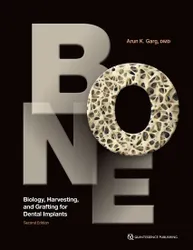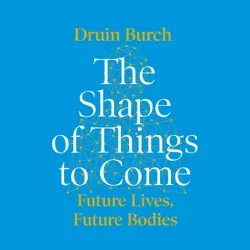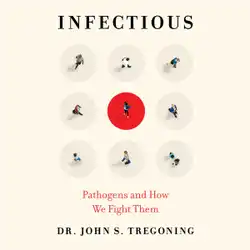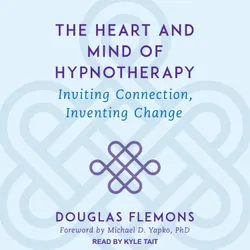Describing the neuroscientific basis for effective psychotherapy, Professor Holmes draws on the Free Energy Principle, which holds that, through 'active inference' -- agency and model revision -- the brain minimises discrepancies between incoming experience and its pre-existing picture of the world. Difficulties with these processes underlie clients' need for psychotherapeutic help. Based on his relational 'borrowed brain' model, and deploying his capacity to communicate complex ideas to a wide audience, Holmes shows us how the 'talking cure' reinstates active inference and thus how therapy helps bring about change.

Cracked : Why Psychiatry is Doing More Harm Than Good
James Davies
book
Bone : Biology, Harvesting, and Grafting for Dental Implants, 2nd Edition
Arun K. Garg
book
The Shape of Things to Come : Exploring the Future of the Human Body
Druin Burch
audiobook
Book Review: Freakonomics by Steven D. Levitt and Stephen J. Dubner : Challenging conventional wisdom and finding counterintuitive conclusions
50Minutes
book
Infectious : Pathogens and How We Fight Them
John S. Tregoning
audiobook
A Life Decoded
J. Craig Venter
audiobook
Rethinking Consciousness : A Scientific Theory of Subjective Experience
Michael S. A. Graziano
audiobook
The Heart and Mind of Hypnotherapy
Douglas Flemons
audiobook
Cosmic Impact : Understanding the Threat to Earth from Asteroids and Comets
Andrew May
audiobook
Ego State Therapy
Gordon Emmerson
book
Unbelievers
Alec Ryrie
audiobook
The Royal Art of Poison : Fatal Cosmetics, Deadly Medicines and Murder Most Foul
Eleanor Herman
audiobook

